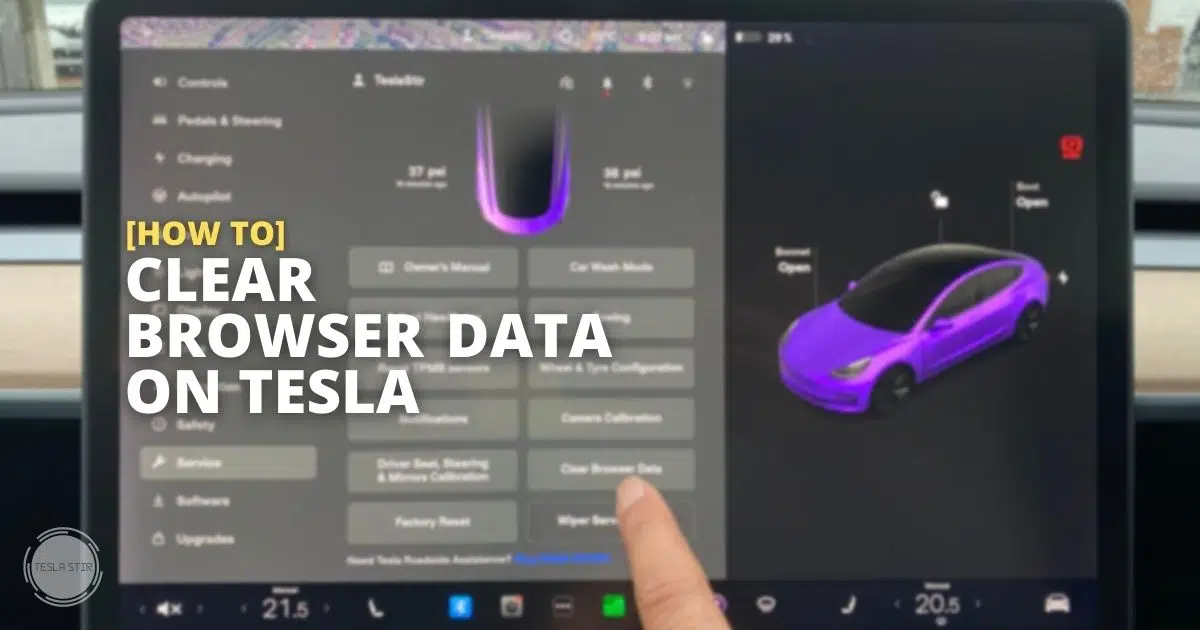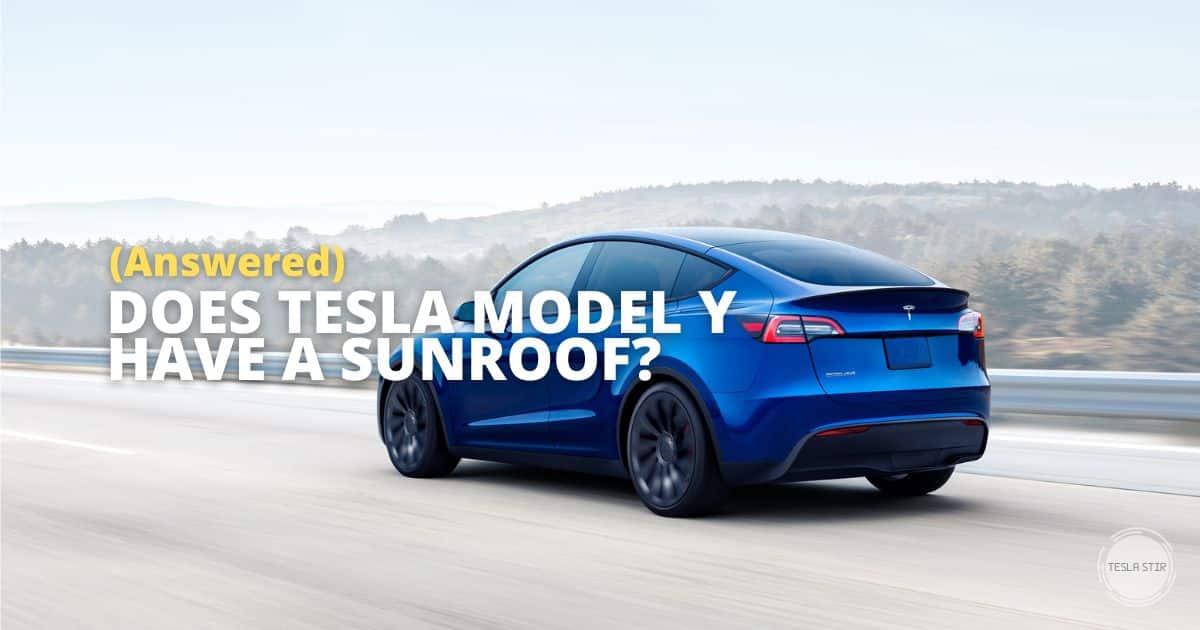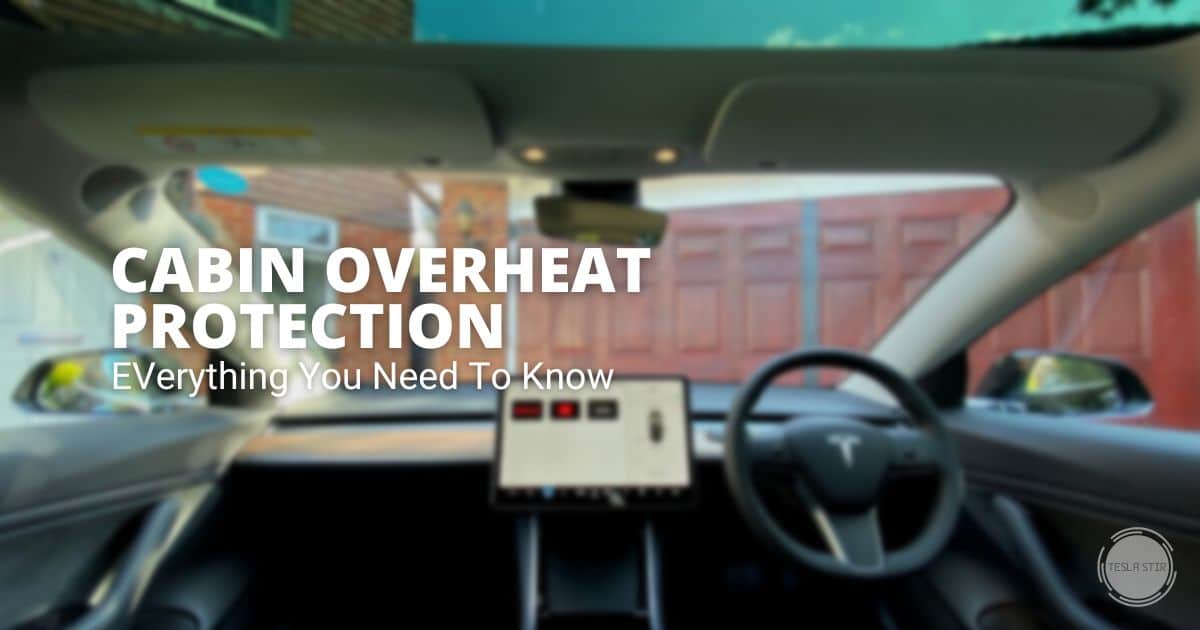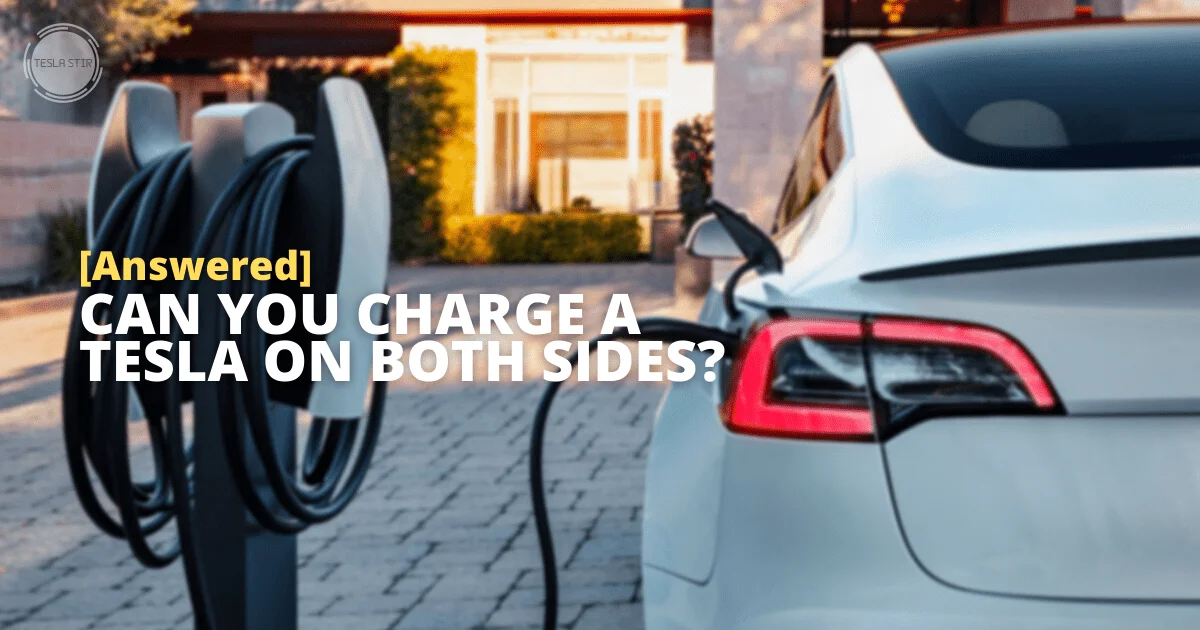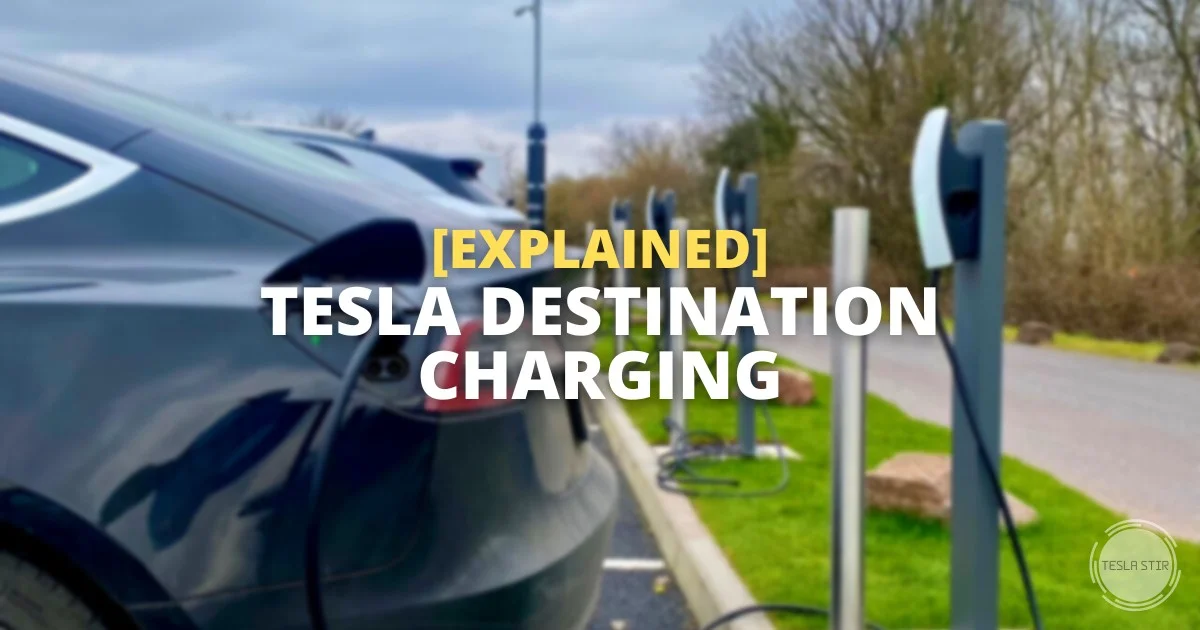Do Electric Cars Have Catalytic Converters? A Quick Insight
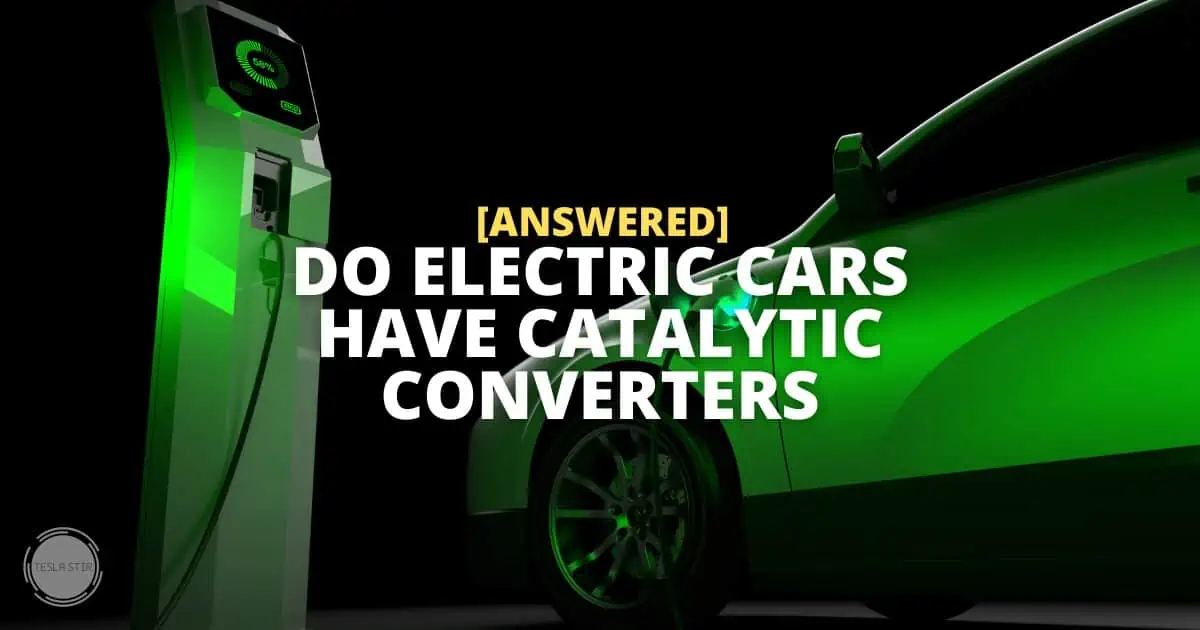
Catalytic converters are essential for decreasing the harmful emissions released by internal combustion engines. It's understandable to question whether electric cars have them or not.
So do electric vehicles have catalytic converters? The short answer is: no, electric cars do not have catalytic converters as they don't have engines that produce harmful emissions through combustion.
In this article, we'll dive into more details and explore the need for catalytic converters in vehicles. We'll also look at how they work, and why electric cars don't need them.
What Exactly Is a Catalytic Converter?
A catalytic converter is an exhaust emission control device that converts toxic pollutants (like carbon monoxide, hydrocarbons, and nitrogen oxides) in the exhaust gas of an internal combustion engine into less-harmful substances (such as carbon dioxide, water, and nitrogen).
The chemical reactions necessary to achieve this are made possible by a combination of precious metals like platinum, palladium, or rhodium. These metals aid in the degradation of harmful gases, diminishing their ecological impact prior to their release from your vehicle's exhaust pipe.
Typically, a catalytic converter is located within the exhaust system. Its compact design makes it an integral part of the overall system; its placement ensures that harmful emissions are treated before they escape into the environment.
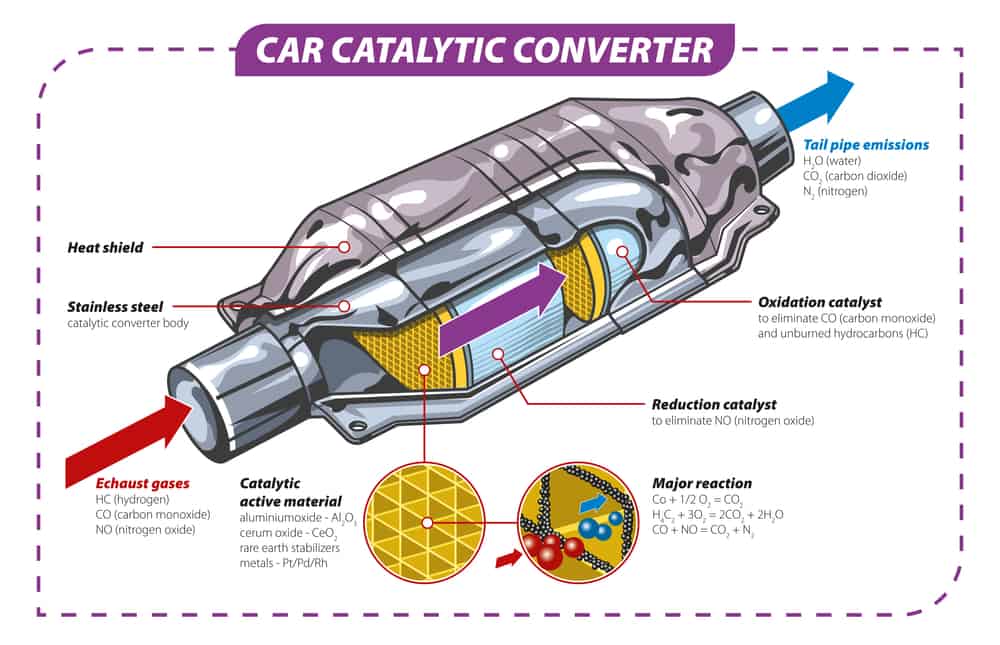
The Environmental Protection Agency (EPA) requires all petrol and diesel engines to include a catalytic converter for this reason. The converter's efficiency is affected by the engine's operating conditions, such as temperature and exhaust gas composition.
Do Electric Cars Have Catalytic Converters?
Fully electric vehicles don't have catalytic converters, and they don't need them. Because electric cars don't have combustion engines, they don't produce any emissions that would require a catalytic converter to be filtered.
This is a major reason why electric vehicles are considered to be more environmentally friendly compared to their traditional counterparts.
If you drive a fully electric car, you can be sure that your vehicle does not have a catalytic converter and is therefore much less polluting to the air.
However, if you own a hybrid vehicle that uses both petrol/diesel and electricity, a catalytic converter is still necessary. That's because their internal combustion engines still produce harmful emissions when running on fossil fuels, just like any other traditional car. I'll talk more about this in a sec.
Why Don't Electric Cars Need a Catalytic Converter?
As we've established by now, electric cars don't need a catalytic converter because they don't have a traditional internal combustion engine that produces harmful emissions. They instead use electric motors and high-voltage batteries.
As a result, electric cars don't release pollutants like traditional gas-powered vehicles, which makes the catalytic converter unnecessary.
A catalytic converter is a crucial component of a vehicle's exhaust system. Electric cars don't have an exhaust system. And, without exhaust, there's no need for a catalytic converter.
Hybrid cars, on the other hand, use both gas and electricity and do have catalytic converters because they still produce harmful emissions when using their internal combustion engine.
Do Hybrid Electric Cars Have Catalytic Converters?
Yes, hybrid electric cars do have catalytic converters. Hybrid cars operate on both electric power and gasoline engines, which is why they're called “hybrid” vehicles.
While you don't need a catalytic converter for the electric portion of the powertrain, the use of the gasoline engine requires a catalytic converter to help reduce harmful emissions produced when the combustion engine is in use.
That means that hybrid cars must meet the same exhaust emission standards as traditional gasoline vehicles, which requires the installation of a catalytic converter. Without
Do Teslas Have Catalytic Converters?
The answer is no, Teslas do not have catalytic converters. Catalytic converters are designed to reduce the level of pollutants in exhaust gases produced by internal combustion engines.
Tesla vehicles use electric motors and batteries, so there is no need for a catalytic converter because they do not require fuel or emit exhaust gases.
Another reason Teslas don't require catalytic converters is that they produce zero emissions due to the absence of an internal combustion engine and exhaust pipes. Therefore, there is no pollution for the catalytic converter to treat.
Do All Cars Have Catalytic Converters?
The answer is yes for traditional petrol or diesel vehicles. ICE cars produce harmful emissions, so catalytic converters play a vital role in filtering out pollutants and reducing their environmental impact.
Hybrid vehicles, which use both petrol and electricity, also have catalytic converters. This is because they still rely on an internal combustion engine when using petrol, generating emissions that need to be addressed. If you have a hybrid car, you'll indeed find a catalytic converter in its system.
However, things are different for fully electric vehicles. Since electric cars don't have combustion engines, they don't produce emissions that require filtering. As a result, electric cars don't have or need catalytic converters. So, if you own an electric vehicle, your car is already contributing to cleaner air without the need for a catalytic converter.
Wrapping Up
There you have it! To recap: electric cars don't have catalytic converters because they don't use combustion engines, while hybrid vehicles do as they still rely on gasoline engines. Teslas, specifically, don't require catalytic converters due to the absence of exhaust pipes and the zero-emission output produced by their electric motors.
Ultimately, while all traditional petrol or diesel cars will have a catalytic converter in their exhaust systems, electric vehicles don't need one as they don't produce emissions that require filtering. Electric cars are already contributing to cleaner air without the need for catalytic converters.

